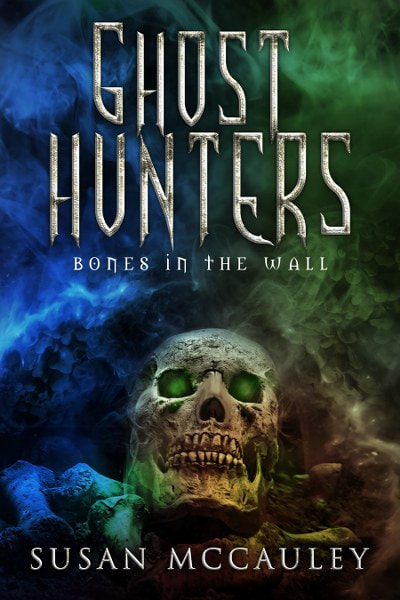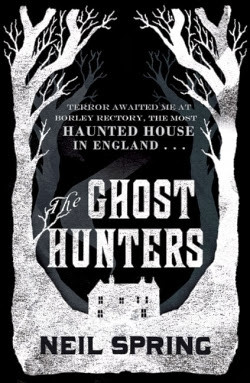

The difficulties of picking out terrorist fanatics from an increasingly cosmopolitan population moving easily across borders were all too evident. Centring the action in Western Europe proved ominously prescient, and the series has coincided almost too perfectly with the developing refugee crisis, the Paris terror onslaught and the air of barely-suppressed panic gripping Western intelligence services.Īcross the 12 episodes, it surveyed the problem from all angles. This last season of Homeland(★★★★) has made uncomfortable viewing in its depiction of a group of jihadists planning a sarin gas attack in Berlin. At the denouement, it took a truly ghostly intervention to save Grace Goodwin from a watery fate.

Even so, not even Harry the expert debunker could reduce everything to reason and rationality. The boundary between the real and the supernatural was cunningly blurred by assorted flashbacks and dream sequences (Harry himself was haunted by memories of his dead wife), while there were satirical jibes at unscrupulous journalists and the spiritualist con-men flourishing in the post-Great War period. Initially scornful of Harry's spook-hunting activities, not least because of her own mother's spendthrift infatuation with bogus spiritualists, she became a vital partner in his investigation, which steadily uncovered a trail of infidelity, unhappiness and attempted murder. If Grace could not be cured of her delusions, she would be institutionalised for the good of the party (pictured above, Tom Ward and Zoe Boyle as Edward and Grace Goodwin).Įxtra light was thrown on the theme of an arrogant, misogynist male establishment by the Goodwins' combative maid, Sarah Grey (Cara Theobold). The fate of Mrs Goodwin was entwined with the trajectory of her husband's career, which was heading upwards under the patronage of senior statesman Sir Charles Harwood (a tarantula-like Michael Byrne).

Mrs Goodwin had been hearing banging noises in the night, and eerie voices calling her name.ĭoubt was naturally cast upon Grace Goodwin's sanity, but screenwriter Jack Lothian (who had adapted Neil Spring's novel The Ghost Hunters) had deftly knitted several strands into the narrative.

Part of the problem was that she and her husband, Liberal MP Edward Goodwin, had moved into a rambling old house, formerly a workhouse, which seemingly suffered some kind of supernatural infestation. Anyhow, Spall Jr was shrewd, witty and skilful in the role of a 1920s spookbuster called in to investigate the mysterious case of a politician's wife, Grace Goodwin, who had been found wandering naked in a London market.


 0 kommentar(er)
0 kommentar(er)
